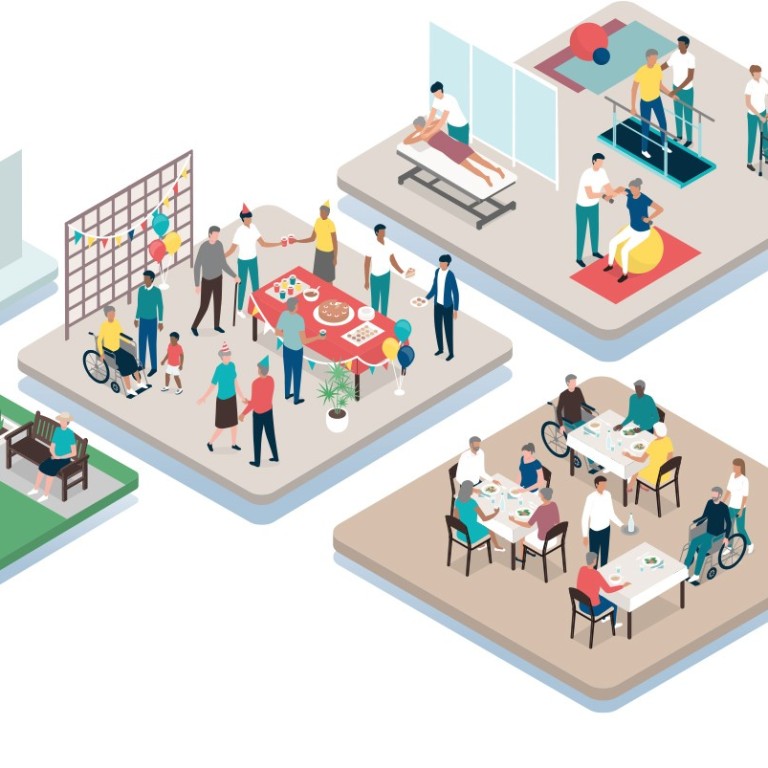Can we live to be 1,000 years old? How science is on a mission to slow ageing and extend the human lifespan

Along with academic research departments around the world, private sector medical technology companies are getting in on the action, seeking ways to increase longevity and health span
There is a high probability that the first person to live to a thousand has already been born. So says one of the world’s top ageing scientists, British biomedical gerontologist Dr Aubrey de Grey. In the near future, we might check ourselves in to a clinic every decade for a service, similar to what we do with cars, to keep our body running at peak condition for centuries.
It may sound far fetched – dreams of immortality are as old as humanity itself. But de Grey keeps reducing the amount of time he thinks it will take until science is able to significantly extend human life. He believes there is a 50:50 chance that within the next 17 years we will reach longevity escape velocity – when even imperfect rejuvenation therapies that add “only” 20 to 30 years to life buy scientists enough time to develop better therapies for when the beneficiaries are old enough to need them.
These therapies may involve regenerating organs – what de Grey refers to as the “sledgehammer approach”: “building a whole new organ and sticking it in” – which may soon be phased out by less invasive microscopic repairs in situ, perhaps by injecting the right kind of stem cells. Massively extending lifespan will involve staving off or curing most cancers, as well as the other major diseases of old age.
De Grey’s California-based SENS Research Foundation is just one player in the booming field of longevity science. Along with academic research departments around the world, more private sector medical technology companies are getting in on the action.
Last year, Sergey Young, oil billionaire Roman Abramovich’s tech guru, set up a US$100 million Longevity Vision Fund to back research into ageing. The fund has spent millions of dollars supporting US biotech companies such as Freenome, which is using machine learning to develop technology for early-stage detection of colorectal cancer; LyGenesis, which specialises in organ regeneration using a patient’s lymph nodes as bioreactors; and Juvenescence, a biotech start-up created by billionaire Jim Mellon.
The science is as serious as the sums of money involved.

Researchers are already able to extend the lives of mice by up to 40 per cent by simple strategies such as calorie restriction, and more complex interventions, such as activating the enzyme telomerase, which lengthens telomeres, the repeated sequences of DNA material at the tips of chromosomes that shorten with age.
The advances may be impressive, but as Dr Brian Kennedy, distinguished professor of biochemistry and physiology at the National University of Singapore, says, “If you’re a mouse, we can help you live a lot longer, but we haven’t yet tested the interventions on humans.”
Two breakthroughs mean that human trials are tantalisingly close. Firstly, we now actually have something to test.
“It wasn’t that long ago that we didn’t have a strategy to slow ageing, but now we have several different candidates, from diet and lifestyle interventions to natural supplements and drugs,” says Kennedy. “Ultimately, we might be talking about stem cells or regeneration-type therapies, but in the short-term we’re looking at validating whether existing interventions work.”